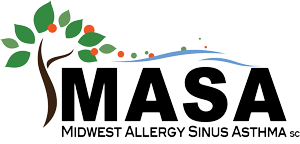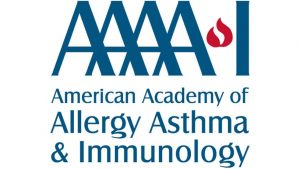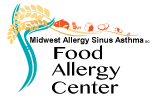Allergic Rhinitis Resources
Midwest Allergy Sinus Asthma, SCCommonly referred to as hay fever, allergic rhinitis occurs when the immune system overreacts to something normally considered harmless. Common triggers include pollen, animal dander, dust mites, and mold spores. Pollen can trigger seasonal symptoms, while other allergens may cause year-round symptoms.
The first step in treatment is proper diagnosis. Some patients with rhinitis symptoms do not have an allergy. Skin or blood testing can determine which allergens are affecting you, if any. Treatment may include avoiding allergens, medication, and/or desensitization, known as immunotherapy.
Medication selection is individualized to each patient, based on the symptoms that are most bothersome. Immunotherapy is also individualized to each patient, as a specific mix of allergens affecting that patient are used. For patients wanting to avoid allergy shots, desensitization can be achieved with sublingual dosing (drops under the tongue).
Related Articles:
Allergy and Asthma ‘Q and A’ with Dr. Siri at COUNTRY Financial
Here's a transcript of some of the questions and answers from Dr. Siri's talk on asthma and allergies for COUNTRY Financial's second 'Lunch & Learn' with MASA. She covers questions about food intolerances, pediatric asthma, and more! Special thanks to the staff...
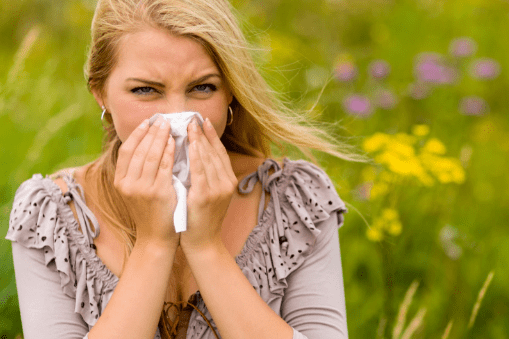
What Is Allergic Rhinitis?
Sufferers of allergic rhinitis can experience any combination of nasal congestion, runny nose, sneezing, and nasal itching. Severe symptoms can include fatigue, frequent sinus infections, sinus headaches, and brain fog. Commonly referred to as hay fever, allergic...
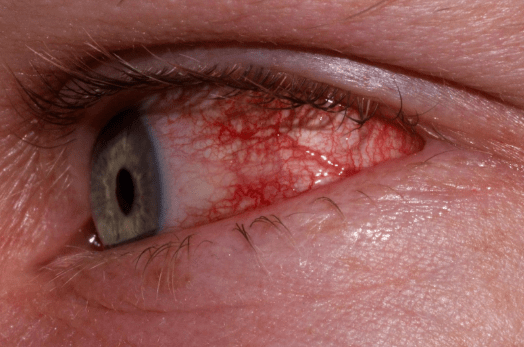
What Is Allergic Conjunctivitis?
When allergy occurs in the eye, it is called allergic conjunctivitis. The most frequent symptoms of allergic conjunctivitis are itching, watering, and redness. Many patients will also experience nasal symptoms. The first step toward relief of eye allergy is proper...
What Is A Pollen Allergy?
Also known as “seasonal allergic rhinitis” and “hay fever,” pollen accounts for the most common of triggers when it comes to seasonal allergies. Each season, aside from the winter season, plants release tiny pollen grains into the air for fertilization. Most pollen...
